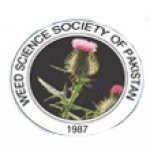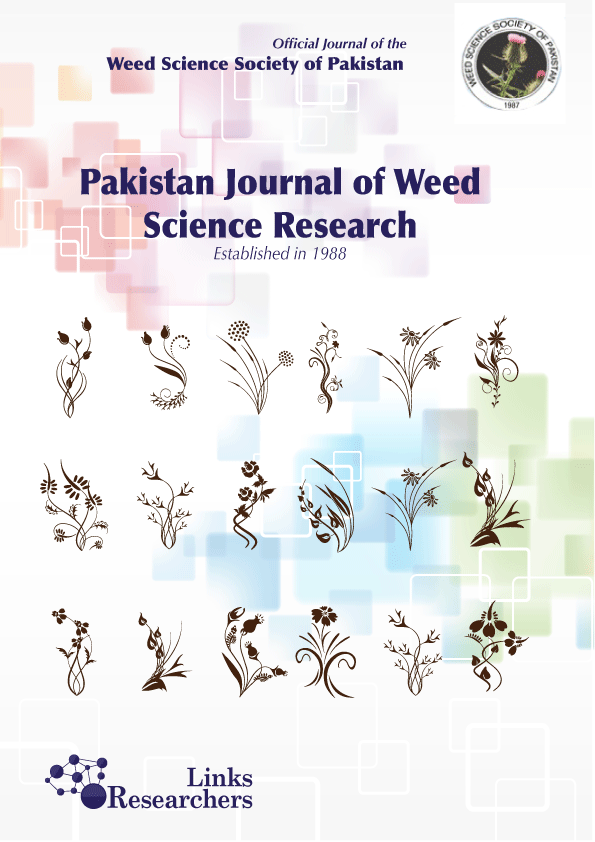Embracing Natural Alternatives to Synthetic Fungicides for Sustainable Agriculture
Embracing Natural Alternatives to Synthetic Fungicides for Sustainable Agriculture
Amir Afzal1, Sairah Syed1*, Shiza Atif2, Nisa ur Rehman2, Muhammad Arsalan1, Taimoor Hussain1, Javed Iqbal1, Sharmin Ashraf1 and Zubair Aslam3
ABSTRACT
Synthetic fungicides, while effective at controlling plant diseases, have brought about a range of adverse consequences i.e., environmental implications, the emergence of fungicide-resistant microbes and food poisoning posing a significant challenge in the realm of plant disease control. The persistent need for eco-friendly disease management strategies has arisen as a direct consequence of the detrimental effects associated with the usage of synthetic fungicides, on both food safety and environmental sustainability. Chemical fungicides have had significant and far-reaching consequences on the environment. Perhaps most notably, they have left traces of harmful residues in the food we consume, posing a significant health risk to consumers. To combat these issues, alternative disease management strategies have emerged. Several approaches are categorized as ecofriendly. Among these, the utilization of weed extracts, derived from various plant sources, has gained prominence for their role as natural fungicide in reducing growth of fungi without harming the environment. These strategies collectively aim to alleviate the adverse consequences of synthetic pesticides, promote safe food production, and ensure a more sustainable future for agriculture. Research activities conducted have generated very encouraging data however When compared to traditional techniques, the initial investments needed to implement sustainable approaches may be more. Practitioners and communities may need to adapt and undergo a transition period when switching from traditional techniques to sustainable alternatives.
To share on other social networks, click on any share button. What are these?





